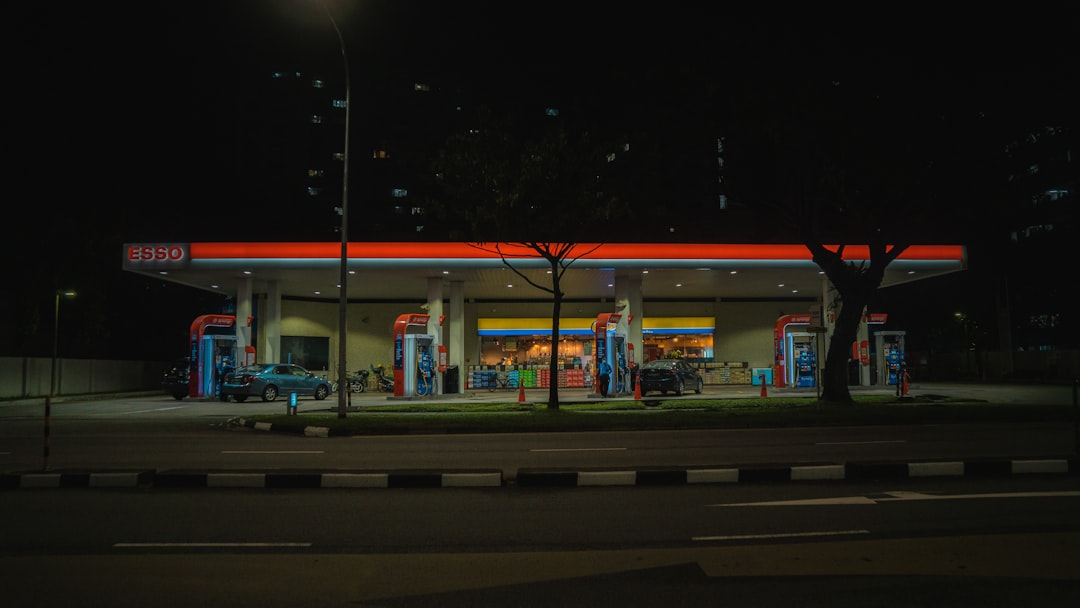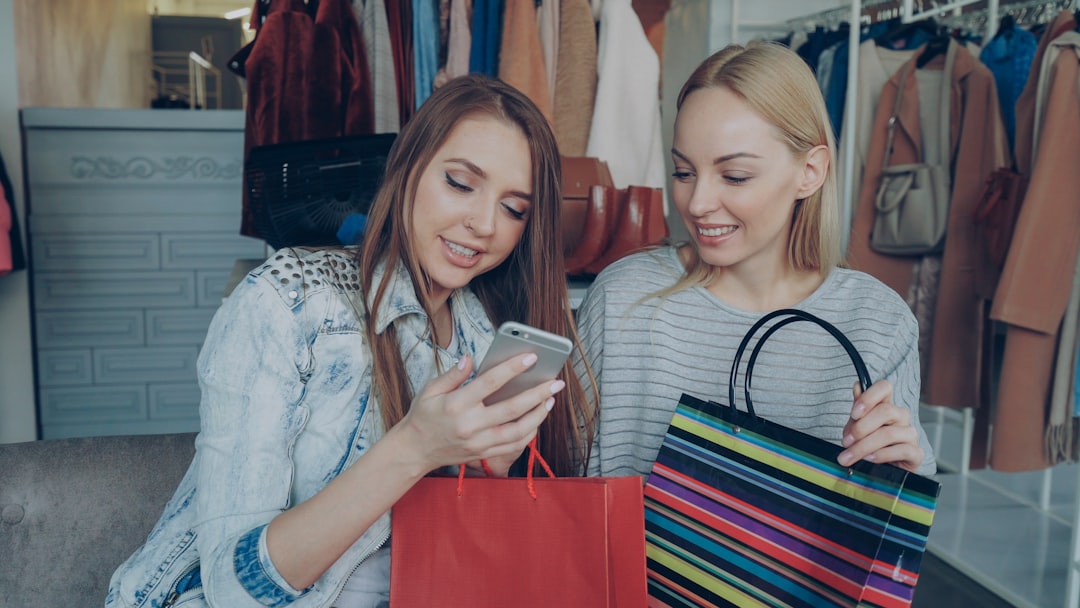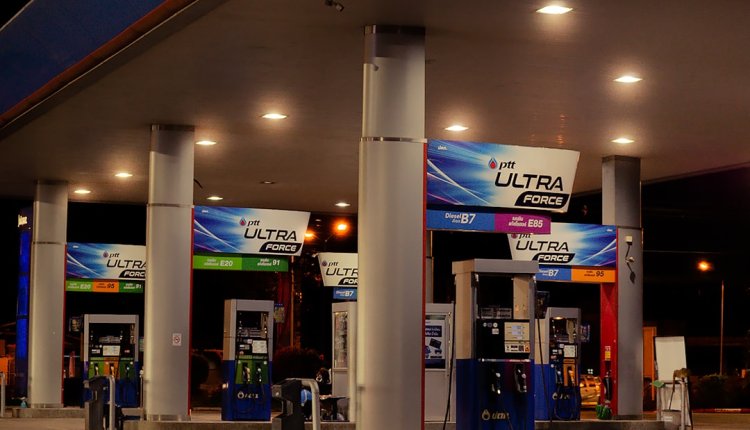Retailers & Fuel: The Role of Private-Label Programs and Rewards Apps
In a highly competitive retail landscape, companies are constantly seeking innovative strategies to foster customer loyalty, drive repeat business, and differentiate themselves from competitors. One of the most potent tools in their arsenal is the integration of private-label fuel programs and consumer rewards apps. Not only do these initiatives help establish strong brand identity, but they also enhance customer experience by offering convenience and savings. This dual strategy has become particularly relevant as fuel prices fluctuate and consumers remain price-sensitive.
The Rise of Private-Label Fuel Programs
Private-label fuel programs are proprietary fueling services offered by retailers, often through partnerships with fuel providers or by directly managing their own fuel stations. Leading retailers like Kroger, Costco, and Walmart have introduced these services to enhance their customer value proposition.
By using a private-label fuel system, retailers can:
- Build brand loyalty by offering exclusive fuel discounts to their customers.
- Gain valuable consumer data from purchasing behavior at both pumps and point-of-sale systems.
- Create a closed-loop ecosystem that keeps the customer within their retail and fuel brands.
This approach is particularly successful when integrated into existing loyalty programs or mobile platforms. For example, many grocery chains offer gas points based on grocery spend, creating a seamless incentive system that ties together different aspects of the shopping experience.

Fuel Rewards Apps: Technology Meets Convenience
Smartphone adoption has redefined consumer expectations. Today’s customers expect every interaction with a retailer to be smooth, fast, and personalized. Fuel rewards apps provide exactly that. These applications are typically linked to loyalty accounts and offer features such as digital coupons, location-based promotions, and fuel price tracking.
Some standout features of rewards apps include:
- Personalized Offers: Consumers receive tailored discounts based on past behavior.
- Location Services: Apps can notify users when they are near a affiliated fuel station with special offers.
- Points Tracking: Easy monitoring of points accumulated from both fuel and retail purchases.
- Mobile Payment Integration: A seamless checkout experience, reducing the need to swipe cards or handle cash.
One popular example is the Shell Fuel Rewards program. This app integrates purchases made at partner stores and restaurants into a single profile where users can earn fuel savings.
Integrating Grocery and Fuel: A Powerful Combo
Retailers that combine grocery and fuel rewards into one platform enjoy significant advantages. This synergy capitalizes on the high frequency of grocery visits to build fuel loyalty, and vice versa. Instead of marketing disparate services separately, retailers effectively cross-promote within their ecosystem.
For example, Kroger’s fuel points program connects grocery purchases to discounted fuel. For every $1 spent on groceries, customers earn one fuel point, which can later be redeemed for savings at Kroger fuel stations. This strategy creates a virtuous cycle wherein fuel discounts drive grocery loyalty and vice versa.

Consumer Behavior Shaped by Incentives
Research suggests that consumers are highly responsive to fuel savings, even if the discounts are modest. A few cents off per gallon can have a surprisingly strong influence on consumer behavior, especially when those savings are earned through everyday purchases they already need to make.
According to studies conducted by loyalty researchers, approximately 64% of consumers are more likely to shop with a grocery brand that offers fuel discounts. Furthermore:
- 46% of fuel shoppers will drive out of their way to use accumulated discounts.
- 56% participate in more than one fuel loyalty program at any given time.
These figures underscore the critical role that incentives and gamification play in modern retail loyalty strategies. With immediate, visible benefits linked to common activities like grocery shopping or buying coffee, customers tend to return to participating retailers more frequently.
Challenges with Integration
While the rewards and brand-building opportunities of private-label fuel and rewards apps are promising, implementing these systems is not without complications. Major challenges include:
- Initial capital investment: Setting up fuel infrastructure or partnerships can be costly.
- Technical complexity: Integrating POS systems, CRM software, and app platforms demands tech expertise.
- User acquisition and retention: Encouraging enough users to download and regularly use the app is ongoing work.
Despite these hurdles, many retailers are investing heavily in digital transformation to ensure a seamless and satisfying user experience. The long-term advantages of recurring customer engagement and data-driven decision-making often justify the upfront effort.
The Role of Data and Personalization
Data collected through private-label programs and mobile apps enables a deeper understanding of consumer habits. Retailers can analyze:
- When and where their customers fuel up
- How fuel purchases correlate with shopping trips
- Which promotions are most effective for specific demographic segments
This level of insight allows for greater personalization in marketing campaigns and more accurate forecasting of customer needs. As AI and machine learning become more accessible, the ability to offer truly individualized promotions becomes a key differentiator in retail marketing.
Conclusion: A Future Fueled by Integration
Private-label fuel programs and fuel rewards apps symbolize a broader trend in retail: the shift toward ecosystem-driven customer engagement. Instead of viewing fuel as a separate category, successful retailers see it as a key touchpoint for building loyalty and extending customer lifetime value.
As this trend continues, the lines between grocery shopping, convenience stores, and fueling experiences will blur even more. Consumers will not only expect integrated savings but also personalized, tech-savvy services that understand their needs. Retailers who can deliver on all fronts—convenience, cost-savings, and a seamless digital interface—will lead the market in both fuel and food.
Frequently Asked Questions (FAQ)
-
What is a private-label fuel program?
A private-label fuel program is a branded gasoline offering managed or licensed by a retailer, often connected to their existing loyalty and retail operations. -
How do fuel rewards apps work?
Fuel rewards apps track customer purchases and offer discounts on fuel based on spend behaviors across grocery or retail outlets. Many also include real-time promotions and in-app payments. -
Which retailers offer fuel rewards?
Some of the most popular retailers offering fuel rewards include Kroger, Costco, Walmart, Shell, and Sam’s Club, with varying discount structures. -
Are rewards worth it for occasional drivers?
Even occasional drivers can benefit from fuel rewards, particularly if they shop frequently at a participating retailer or accumulate points over time for larger discounts. -
Does using a fuel rewards app affect fuel quality or price?
No, fuel quality remains consistent with national standards. However, prices can vary slightly depending on the promotions or discounts provided through the reward system.

Comments are closed.